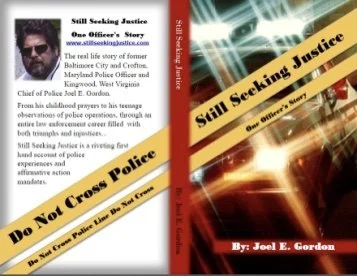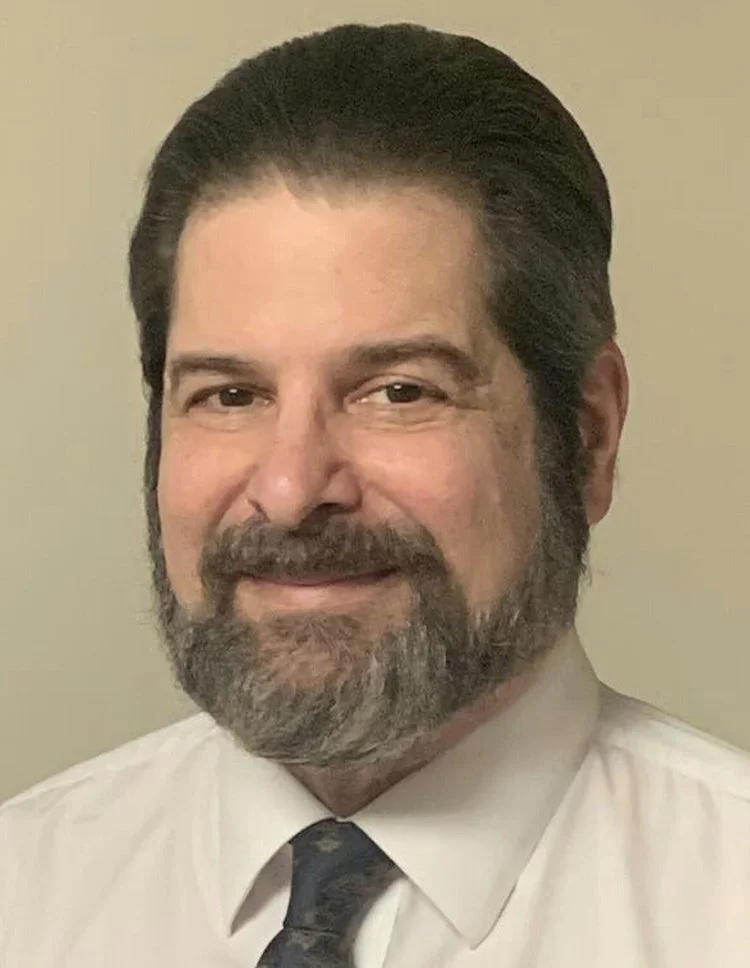Leaving a Legacy: Building a Lasting Impact That Endures
/By: Joel E. Gordon
Imagine Nelson Mandela walking out of prison after 27 years. His fight against apartheid didn't end there. It sparked global freedom movements that still shape our lives today. What if you could create something like that? What mark will you leave on the world? Leaving a legacy means more than passing on money or stuff. It's about the ideas, values, and changes you spark that live on after you're gone. You can start shaping yours right now, no matter your age or background.
Legacy goes beyond what you own. It touches lives in deep ways. Think about it from old philosophers to modern leaders. They show legacy in personal growth, work success, and bigger community shifts.
Leaving a legacy is like planting a tree. You may not see it grow tall, but others will rest in its shade. It's not just cash or houses. Those fade. True legacy hands down beliefs, lessons, and sparks of hope. History proves this. Leaders like Gandhi passed on non-violence that changed nations.
Your legacy starts inside. What do you stand for? Grab a notebook. Jot down three values that guide you, like kindness or hard work. Ask yourself: How do these show up in my daily choices? This simple step helps you spot what you want to pass on. It turns vague thoughts into clear paths.
Legacies give life real purpose. They help you bounce back from tough times. When you know your impact will last, hard days feel worth it. Maya Angelou said her words could outlive her body. And they do. Her books and speeches still lift people up.
Tie your everyday moves to big goals. Start small. Each morning, pick one action that matches your long-term hopes; like calling a friend to share wisdom. Over time, these build a chain of good. You gain drive. Others feel your influence grow.
Many think you need fame or riches to leave a mark. That's not true. Everyday folks change lives too. A teacher in a small town might shape dozens of kids who then help thousands. Law enforcement officers work for the greater good every day. No spotlight required.
You don't need a big stage. Start tiny. Mentor one young person. Share a skill with a neighbor. These acts ripple out. Forget the myth of overnight success. Real legacy builds through steady steps. Pick one person today. Offer your time and watch the difference unfold.
A strong legacy has layers. It mixes who you are with what you do. Look at givers like Andrew Carnegie. He built libraries that fed minds for generations. You can weave these parts into your own story.
Your core traits set the base for everything. Integrity means doing right even when no one watches. Empathy lets you connect and lift others. Warren Buffett calls reputation your biggest wealth. Lose it, and it's gone for good.
Check your own base. List your top principles. Then rate how you live them on a scale of 1 to 10. Where do you fall short? Pick one area. Make a plan to improve, like saying no to small lies. This builds a character that inspires long after.
People around you multiply your legacy. Family hears your stories first. Friends spread your lessons. Strengthen these ties. Set up family nights to talk about your past wins and fails. Volunteer weekly at a local spot. Help with food drives or park cleanups. These links create a web. Your good spreads through it.
Work and art leave big prints. A job well done solves problems for years. Steve Jobs dreamed up devices that connect us all. His ideas keep pushing tech forward.
Capture yours. Write down key skills from your career. Teach them to someone new. Start a blog on your craft. Or invent a simple tool at work. These steps ensure your spark lights others' paths.
Build your legacy with smart plans. Make them last. Stephen Covey in his book "The 7 Habits of Highly Effective People" says think of the end first. That guides every choice.
Know where you aim. Picture your funeral. What do you want people to say? Write that eulogy yourself. It shows your true goals.
Use SMART steps for this; specific, measurable, achievable, relevant, and time-bound. For example, plan to mentor five people in a year. Review your impact each quarter. Adjust as needed. This keeps you on track.
Stories keep legacy alive. Write them down. Write your memoir. Or record videos. Get started easy. Use apps for digital files. Or tape family talks. Pass these to kids. They become treasures. Share bits online too. A simple post can reach far.
Roadblocks pop up. Time runs short. Doubts creep in. Viktor Frankl found meaning in pain. His ideas show choice matters most. Build a team for help. Join groups with like minds. Meet monthly to check progress. When doubt hits, recall past wins. Push through one day at a time. Legacy isn't set in stone. It shifts with time.
Look for signs its working. Do others quote your advice? Has your help changed a life? These show real reach. Make a checklist and track who you've touched. Note feedback from them. Review it yearly. Celebrate small wins. This proves your efforts count.
Lives improved through your guidance.
Stories shared that echo yours.
New ideas born from your input.
Worlds shift fast. Keep your legacy fresh. Do legacy checks every few years. Ask: Does this still fit? Pivot if needed. Update work skills for tomorrow's jobs.
Don't go alone. Pull in family or friends. Teach them your ways. Families pass skills down. They last for generations. Plan the handoff. List what to share. Hold workshops. Show how to bake your famous pie. Or explain your business tricks. This way, your legacy grows through them.
Leaving a legacy means living with intent. It's open to everyone. Small daily choices add up to big change. You explored what it means, its parts, build tips, and ways to measure it. Key points stick. First, match your actions to core values. Second, grow strong ties with people around you. Third, record your path on purpose.
Take one step now. Sit quiet. Think of your ideal mark. Write it down. Let that guide you forward. Your legacy has already begun!
Joel E. Gordon, BLUE Magazine’s Editor-in-Chief, is a former Field Training Officer with the Baltimore City Police Department and is a past Chief of Police for the city of Kingwood, West Virginia. He has also served as vice-chair of a multi-jurisdictional regional narcotics task force. An award winning journalist, he published his memoir Still Seeking Justice: One Officer's Story and founded the Facebook group Police Authors Seeking Justice. Look him up at stillseekingjustice.com










